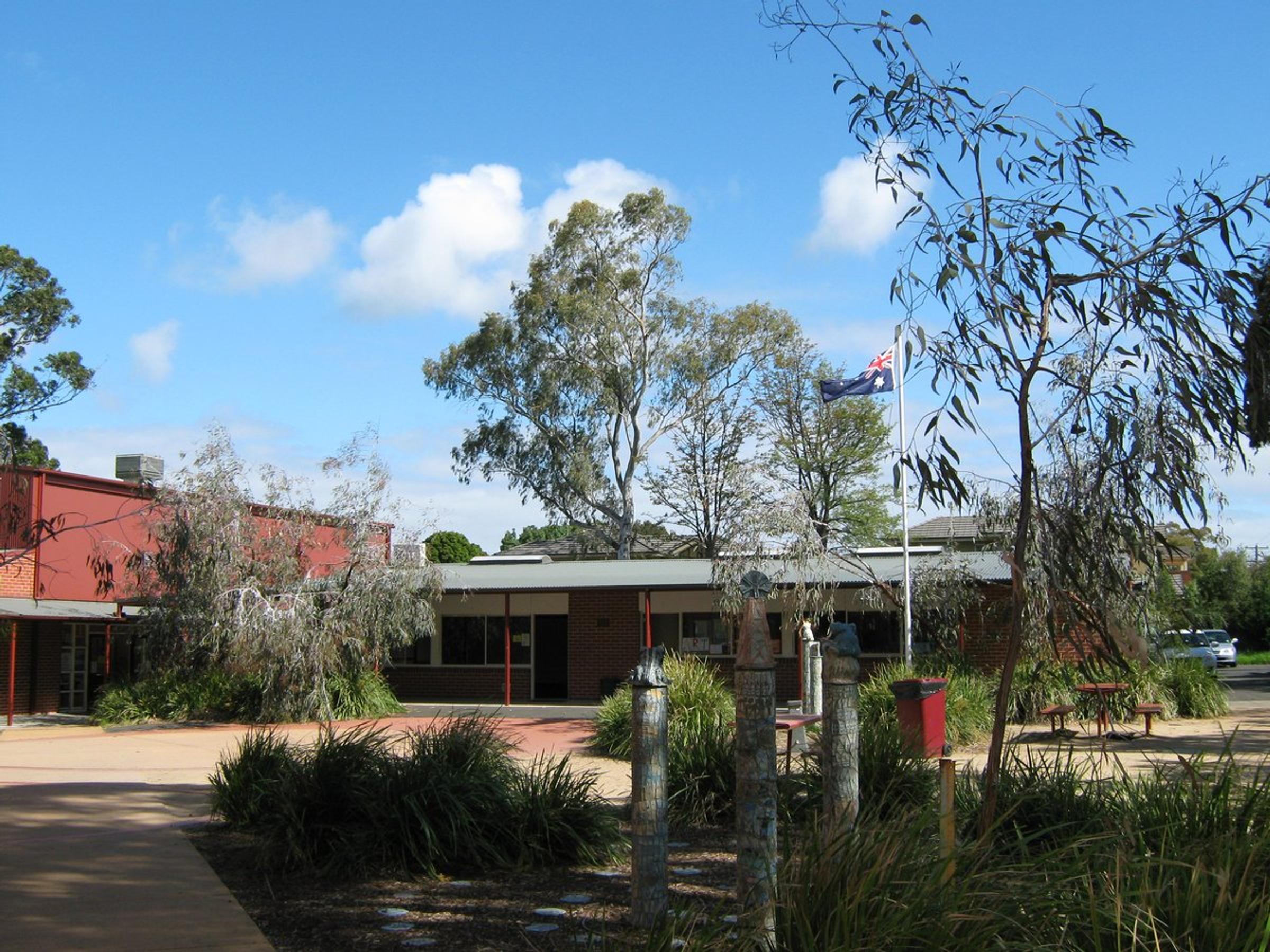School Council

SCHOOL COUNCIL ELECTIONS 2020
Nominations are now open for the 2020 School Council – a great chance to get involved and help ensure Murrumbeena Primary School continues to thrive.
What is a school council and what does it do?
All government schools in Victoria have a school council. They are legally constituted bodies that are given powers to set the broad direction of a school in accordance with their constituting Order and the Education and Training Reform Act 2006. In doing this, a school council is able to directly influence the quality of education that the school provides for its students.
Who is on the school council?
For most primary school councils, there are a number of categories for membership:
- A mandated elected Parent member category – more than one-third of the total members must be from this category. DET employees can be Parent members at their child’s school as long as they are not engaged in work at the school
- A mandated elected DET employee member category – members of this category may make up no more than one-third of the total membership of school council. The principal of the school is automatically one of these members
- An optional Community member category – members are co-opted by a decision of the council because of their special skills, interests or experiences. DET employees are not eligible to be Community members
- A small number of school councils have Nominee members.(this category does not apply at MPS)
For all schools with a Year 7 and above cohort, there is an additional category of membership: A mandated elected Student member category, two positions. (not applicable at MPS)
Generally, the term of office for all members is two years.
Why is parent membership so important?
Parents on school councils provide important viewpoints and have valuable skills that can help inform and shape the direction of the school.
Those parents who become active on a school council find their involvement satisfying and may also find that their children feel a greater sense of belonging.
Do I need special experience to be on school council?
Each member brings their own valuable life skills and knowledge to the role. However, councillors may need to develop skills and acquire knowledge in areas that are unfamiliar to them. It is important to have an interest in your child’s school and the desire to work in partnership with others to help shape the school’s future.
Code of conduct for school councillors
School councils in Victoria are public entities as defined by the Public Administration Act 2004. School councillors must abide by the Code of Conduct for Directors of Victorian Public Entities issued by the Victorian Public Sector Commission. The Code of Conduct is based on the Victorian public sector values and requires councillors to:
- act with honesty and integrity (be truthful, open and clear about their motives and declare any real, potential or perceived conflict of interest and duty)
- act in good faith in the best interests of the school (work cooperatively with other councillors and the school community, be reasonable, and make all decisions with the best interests of students foremost in their minds)
- act fairly and impartially (consider all relevant facts of an issue before making a decision, seek to have a balanced view, never give special treatment to a person or group and never act from self-interest)
- use information appropriately (respect confidentiality and use information for the purpose for which it was made available)
- exercise due care, diligence and skill (accept responsibility for decisions and do what is best for the school)
- use the position appropriately (not use the position as a councillor to gain an advantage)
- act in a financially responsible manner (observe all the above principles when making financial decisions)
- comply with relevant legislation and policies (know what legislation and policies are relevant for which decisions and obey the law)
- demonstrate leadership and stewardship (set a good example, encourage a culture of accountability, manage risks effectively, exercise care and responsibility to keep the school strong and sustainable).
Indemnity for school council members
School councillors are indemnified against any liability in respect of any loss or damage suffered by the council or any other person in respect of anything necessarily or reasonably done, or omitted to be done by the councillor in good faith in:
- the exercise of a power or the performance of a function of a councillor, or
- the reasonable belief that the act or omission was in the exercise of a power or the performance of a function of a council.
In other words, school councillors are not legally liable for any loss or damage suffered by council or others as a result of reasonable actions taken in good faith.
How can you become involved?
The most obvious way is to participate in and vote in the school council elections, which are held in Term 1 each year. However, ballots are only held if more people nominate as candidates than there are positions vacant.
In view of this, you might consider:
- standing for election as a member of the school council or encouraging another person to stand for election. Nomination forms are attached to the newsletter or are available from the school office.
Once the nomination form is completed, return it to the principal within the time stated on the notice of election.
If there are more nominations received than there are vacancies on council, a ballot will be conducted during the two weeks after the call for nominations has closed.
2020 SCHOOL COUNCIL PARENT ELECTION INFORMATION
| SCHOOL COUNCIL ELECTION PROCESS AND TIMETABLE | |
| EVENT | DATE |
| Notice of election and call for nominations | Wednesday February 5, 2020 |
| Closing date for nominations | Wednesday February 12, 2020 |

